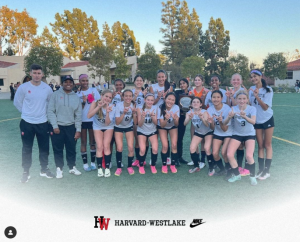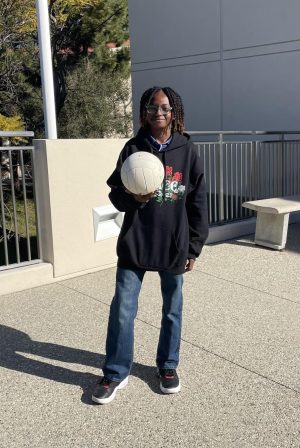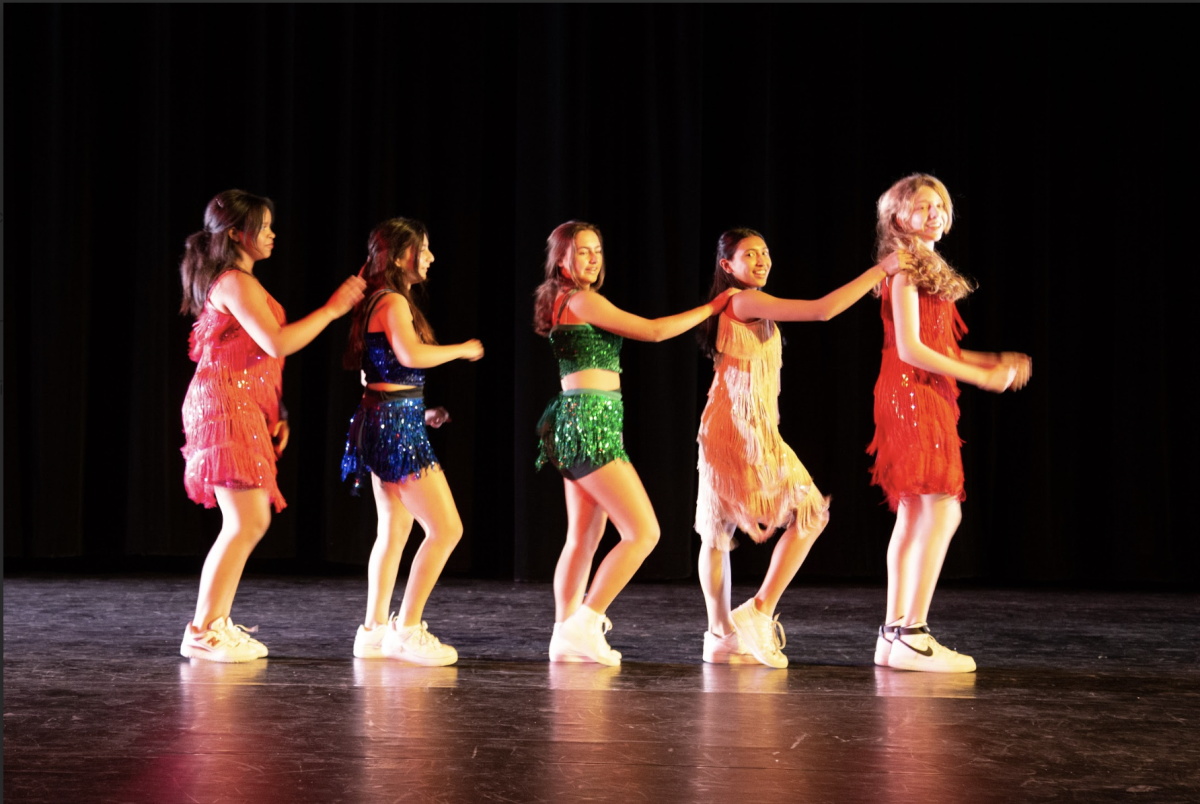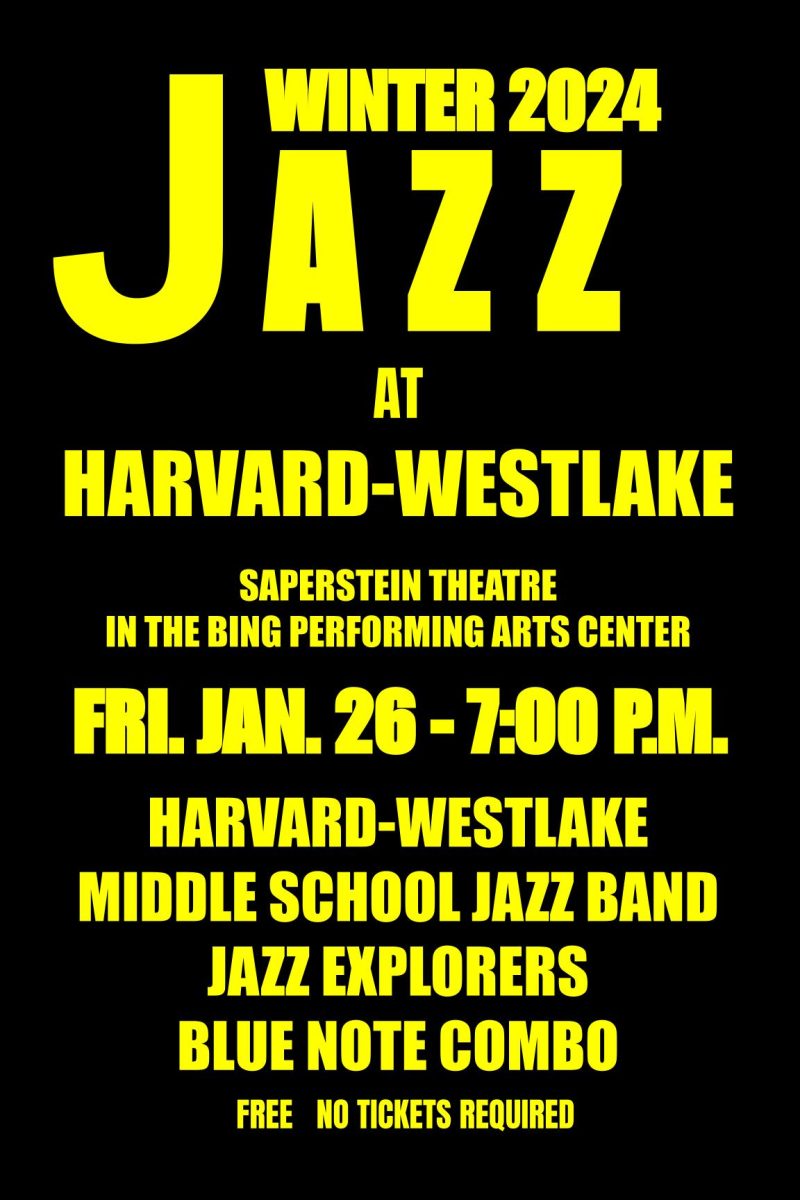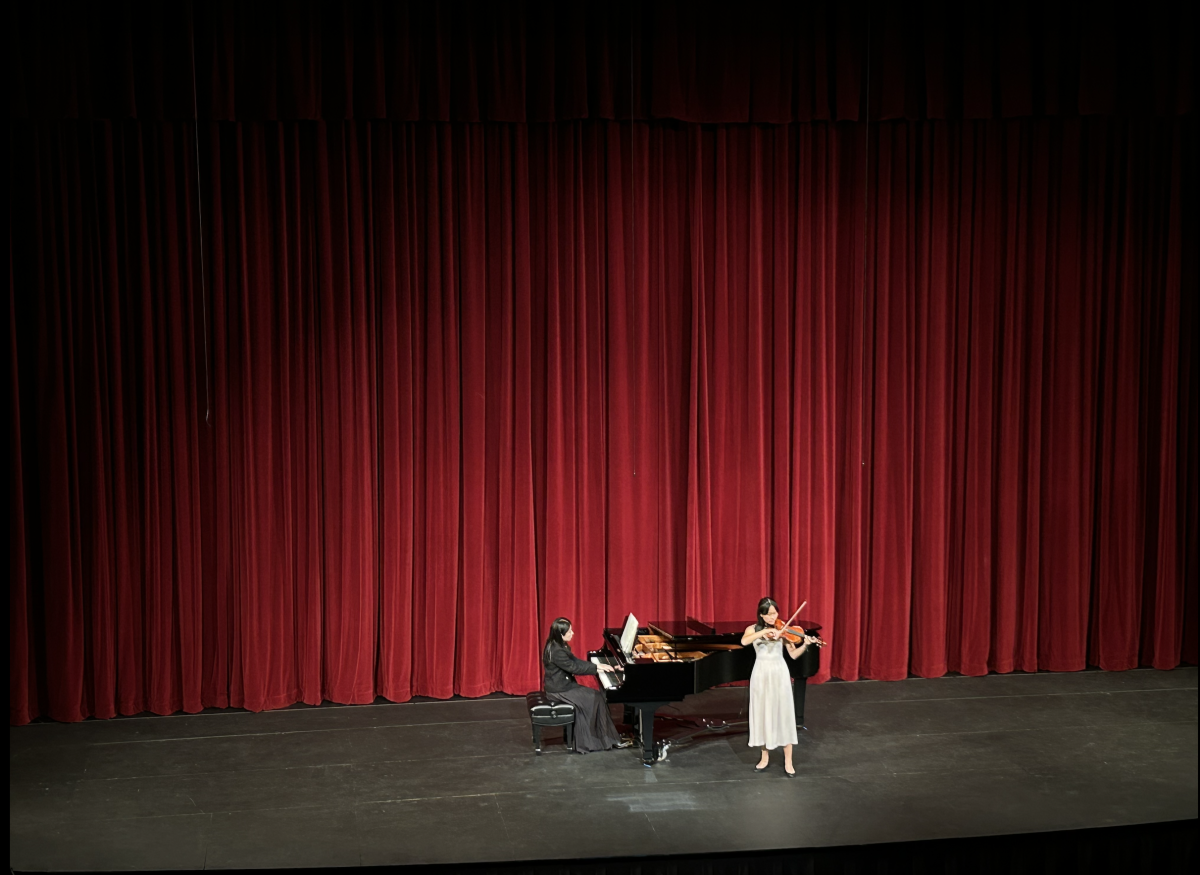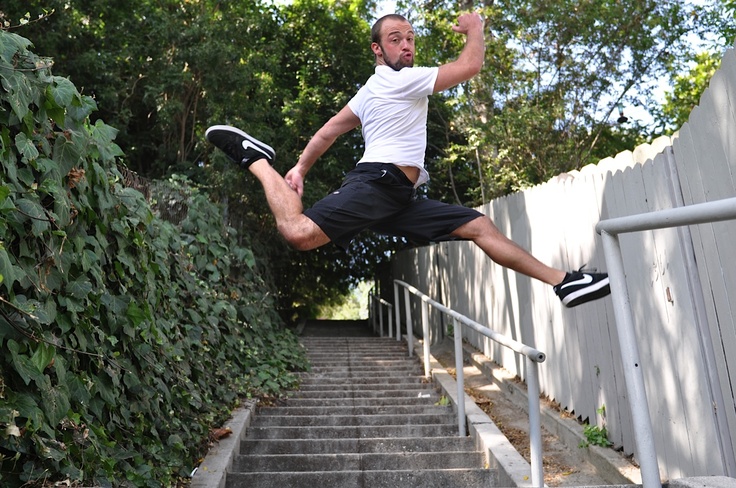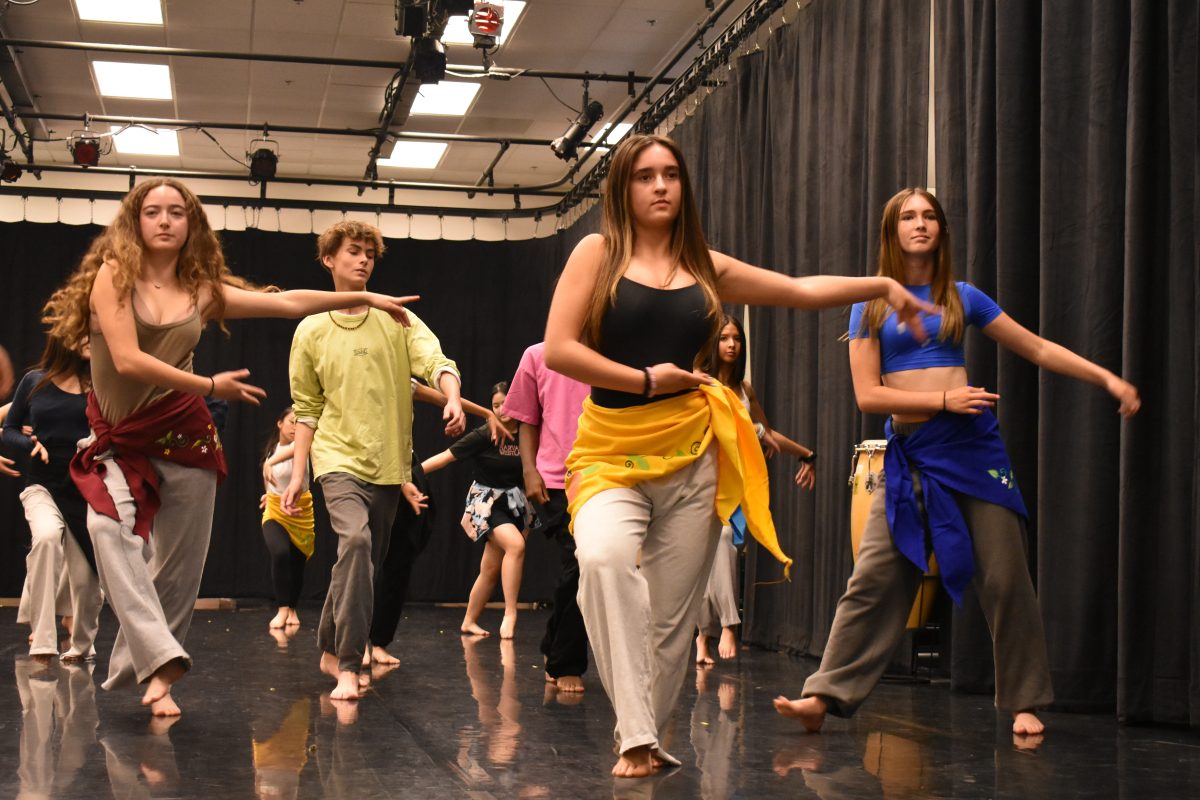Despite beautiful acting, “The Hate U Give” fails to satisfy in its story line. The movie follows Starr Carter, a black teenager who struggles to find her voice after being the sole witness to the shooting of her unarmed friend Khalil.
The movie opens as Starr is given a talk by her father on how to survive a world dominated by whites and racial bias. He teaches her both to protect herself, but also to take pride in her heritage. Many important scenes such as this are featured throughout the movie. Starr struggles with two opposing worlds: her home of Garden Heights, a mainly black and low-income neighborhood where she can be herself, and her school, Williamson Prep, a fancy prep school with a white majority where she has to control her actions, speech, and appearance. This struggle of worlds gives a new perspective to audience members who have never experienced or imagined such a struggle. At this school, Starr has a white boyfriend, Chris, who her father struggles to accept. Scenes between Starr and Chris shed light on interracial relationships.
The true plot of this movie begins as Starr and Khalil drive home from a party together. In a powerful moment, Khalil mentions the rapper Tupac’s acronym of “T.H.U.G. L.I.F.E.,” which stands for “the hate you give little infants f***s everybody.” This refers to systematic injustice, or how the hatred young blacks receive ends up hurting society. This is another important message the movie spreads, helping create a new way to view the world for audience members. Moments later, they are pulled over by a white police officer. As Khalil reaches into the car for a hairbrush, he is shot and killed. Starr is the only witness.
The movie follows Starr on her journey to find her voice and become an activist. It is full of deep storylines and emotional moments that brought many audience members to tears. Furthermore, the movie continues to address police violence, racial bias, and other structural inequalities, constantly referring to the “T.H.U.G. L.I.F.E.” acronym. The movie points out similarities between Khalil’s murder and other unjustified shootings and appears to be a call for change.
One would assume this movie would represent the powerful message of the Black Lives Matter movement, yet the movie fails to do so. While the movie does center around the police shooting of an unarmed black teenager and makes many important points as to why this cycle should be stopped, it has a large focus on black on black violence. At some points, it seems like the true villain of the movie is the gang leader, King, rather than the police officer who shot Khalil. The movie portrays the message that black communities are bettered when they rally together against gang leaders as opposed to murderous police. In one scene, the police even act as a savior against a gang leader who sets Starr’s father’s store on fire. Accurate cinematic representation of the struggle that Black Lives Matter fights against is something to look for and support, yet “The Hate U Give” does not fulfill this. This failure was highly disappointing, as the movie was advertised as supporting such ideas.
In conclusion, “The Hate U Give” is an enjoyable movie which is sure to bring you to tears. However, despite how it may appear, this is not a Black Lives Matter movie.

